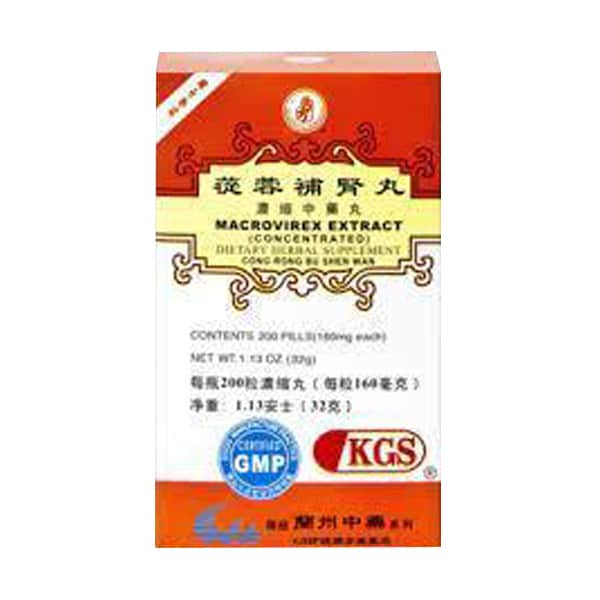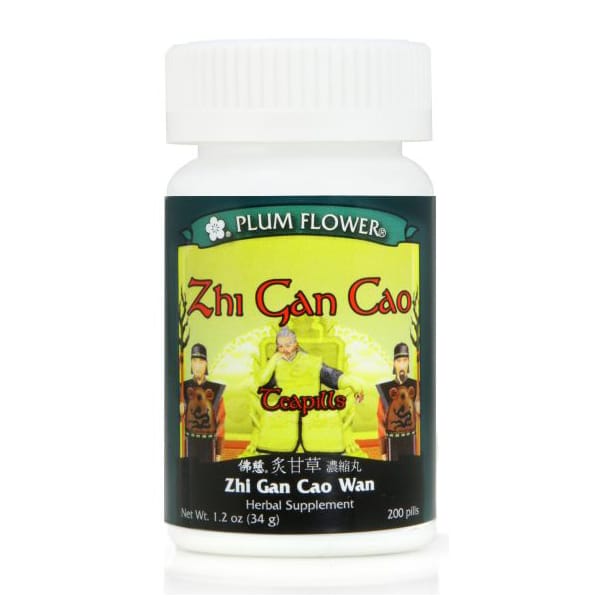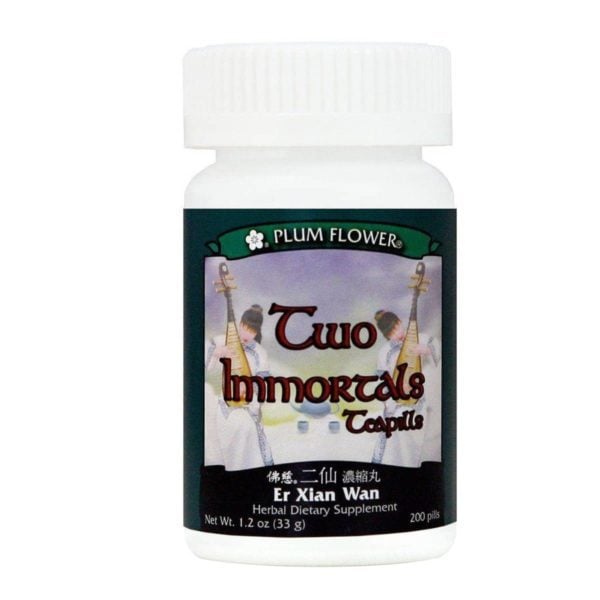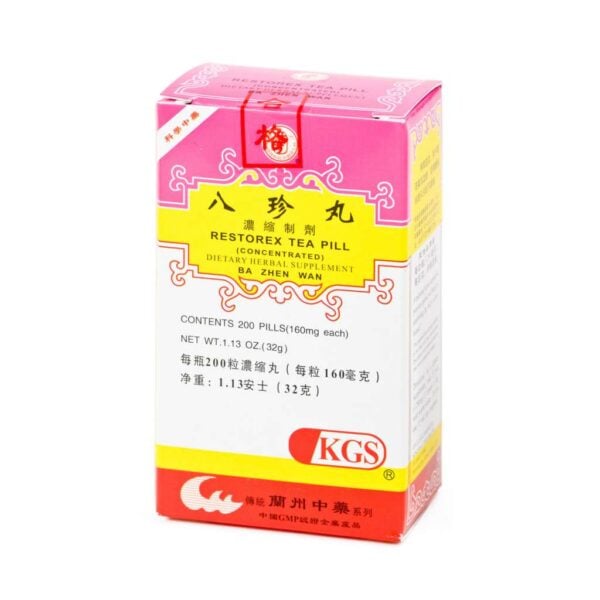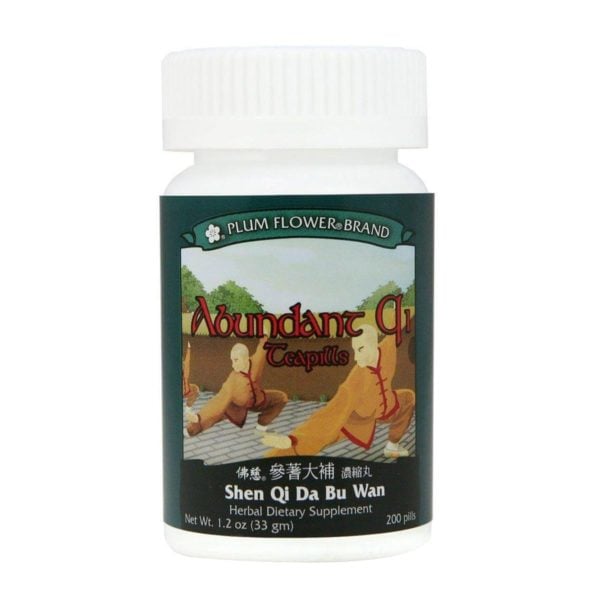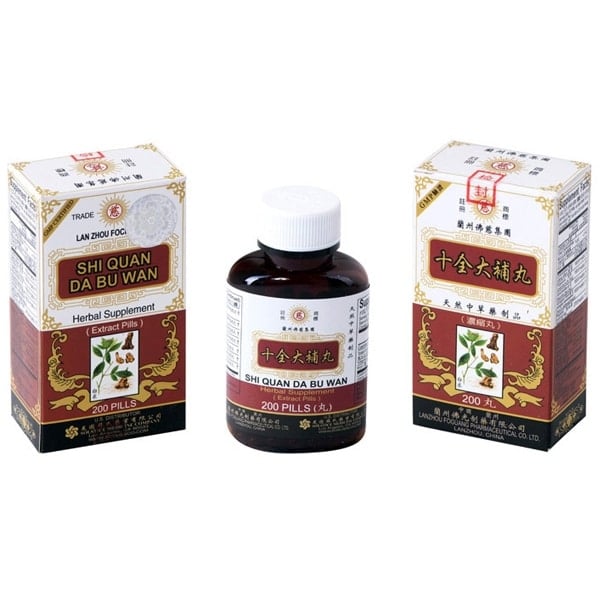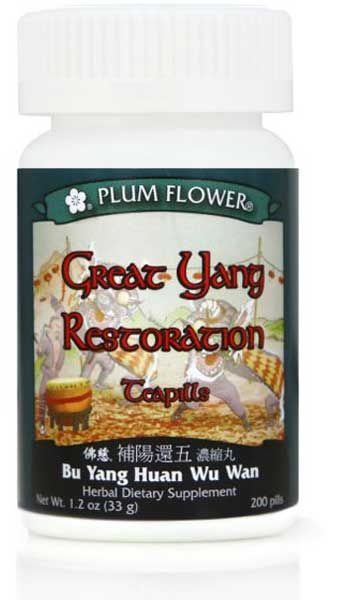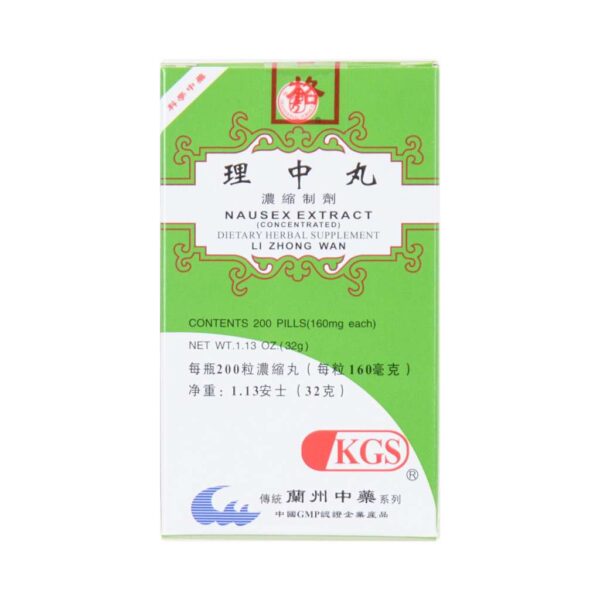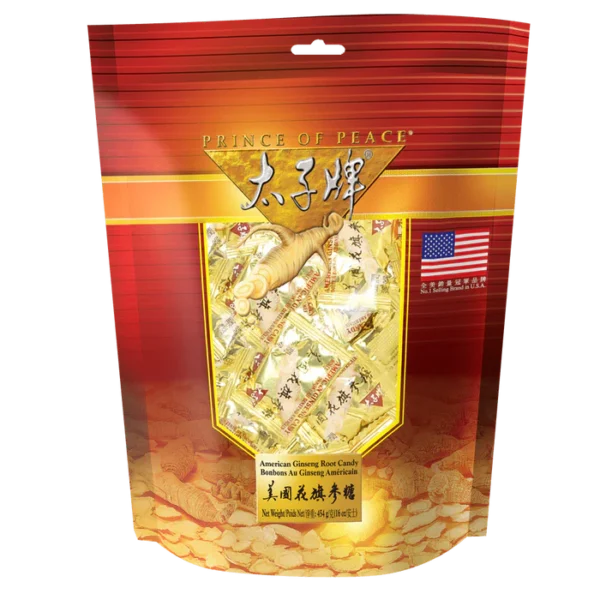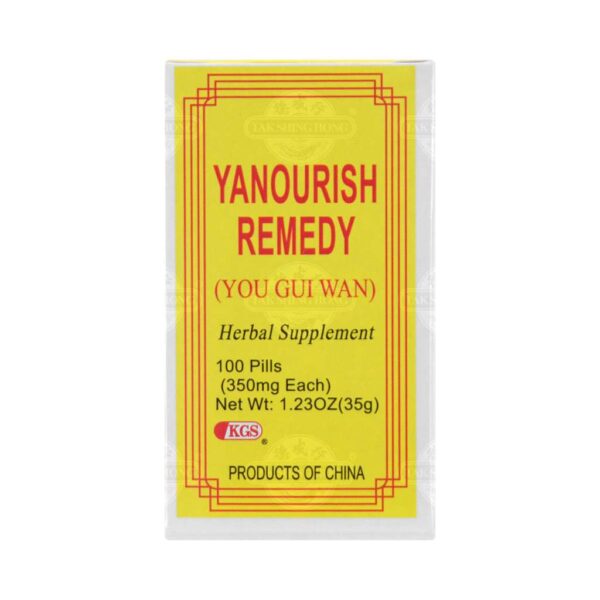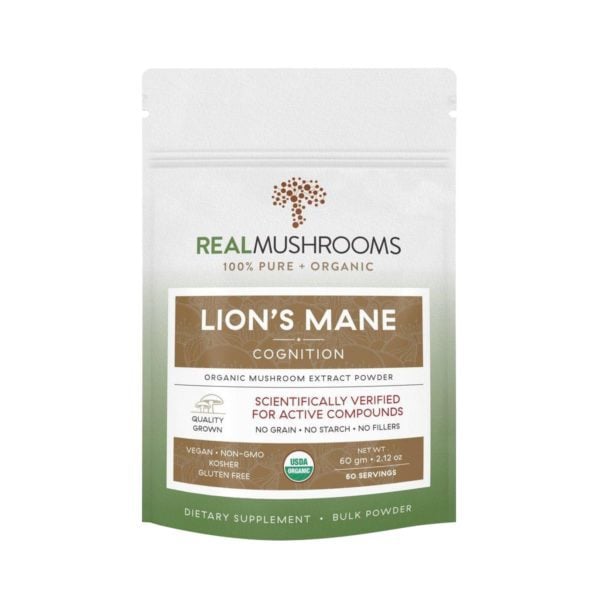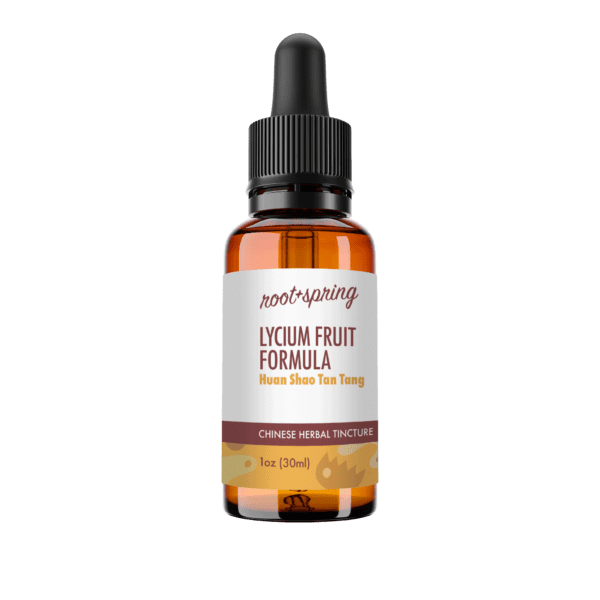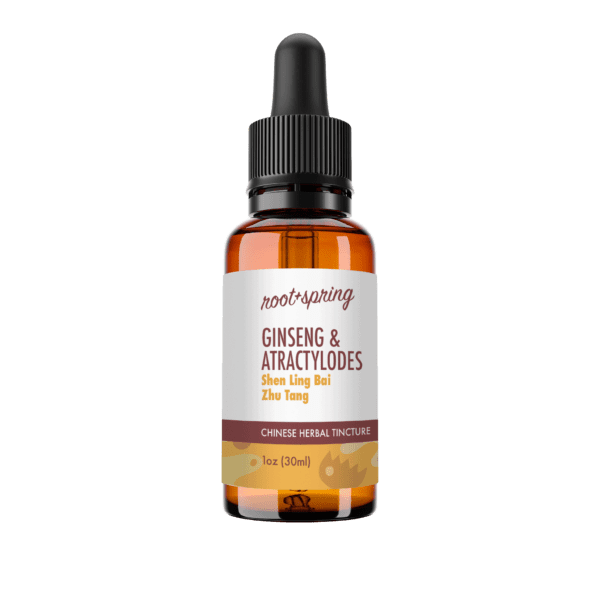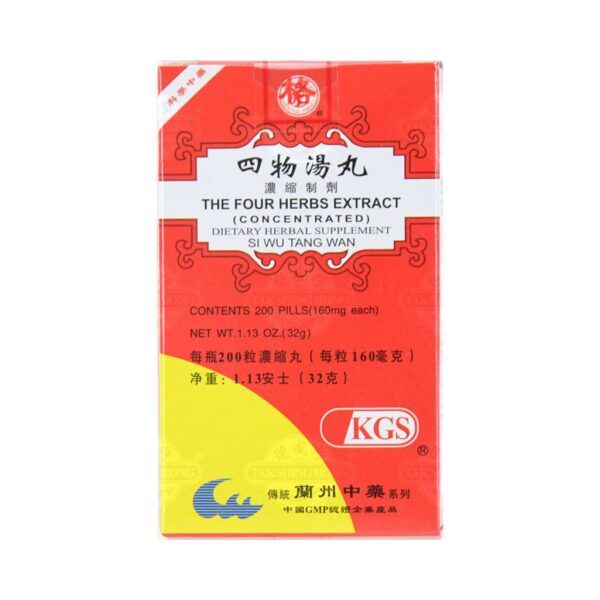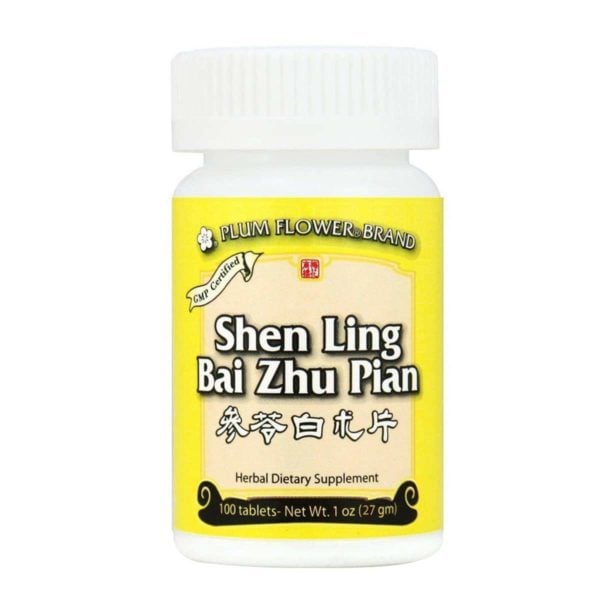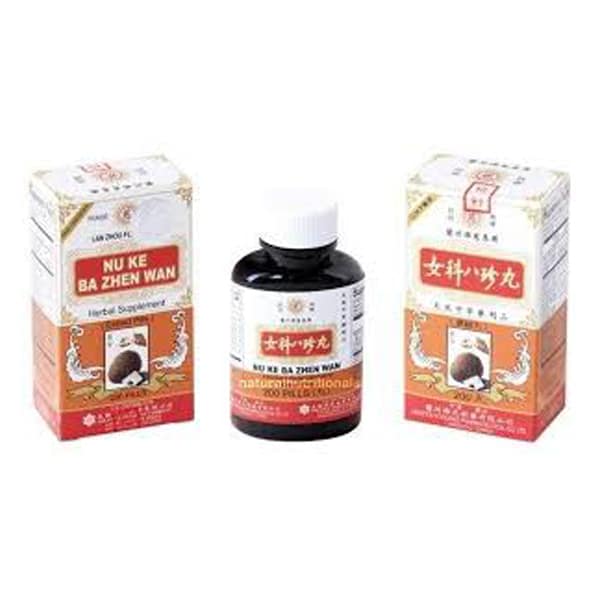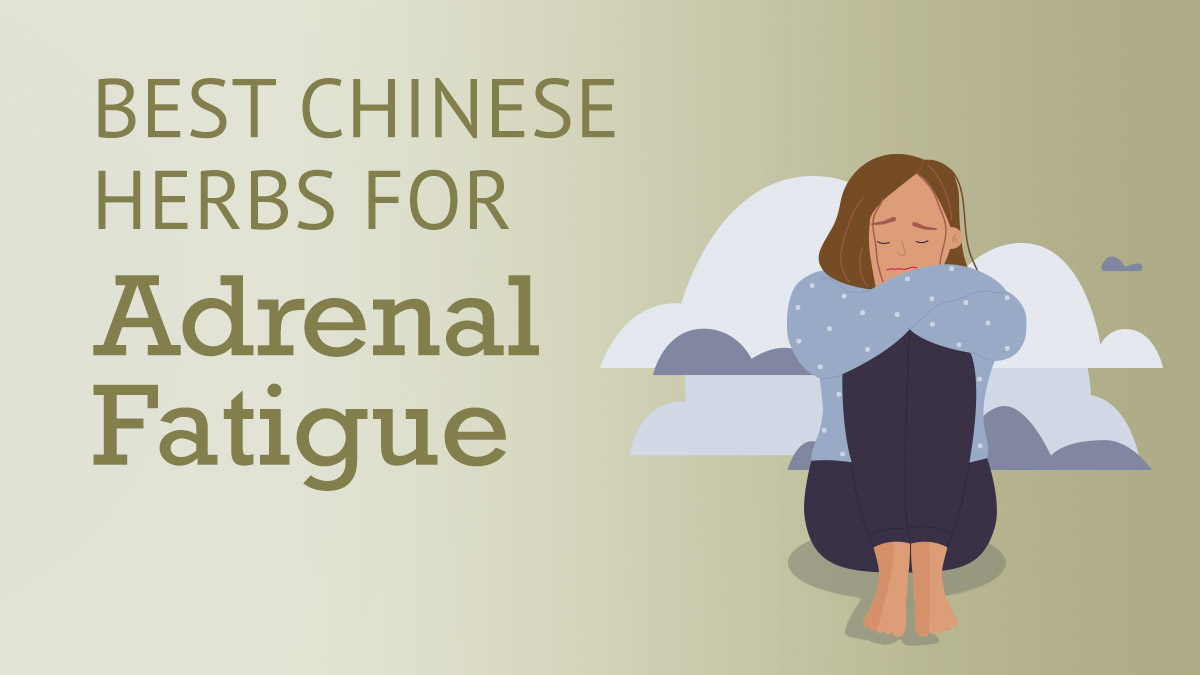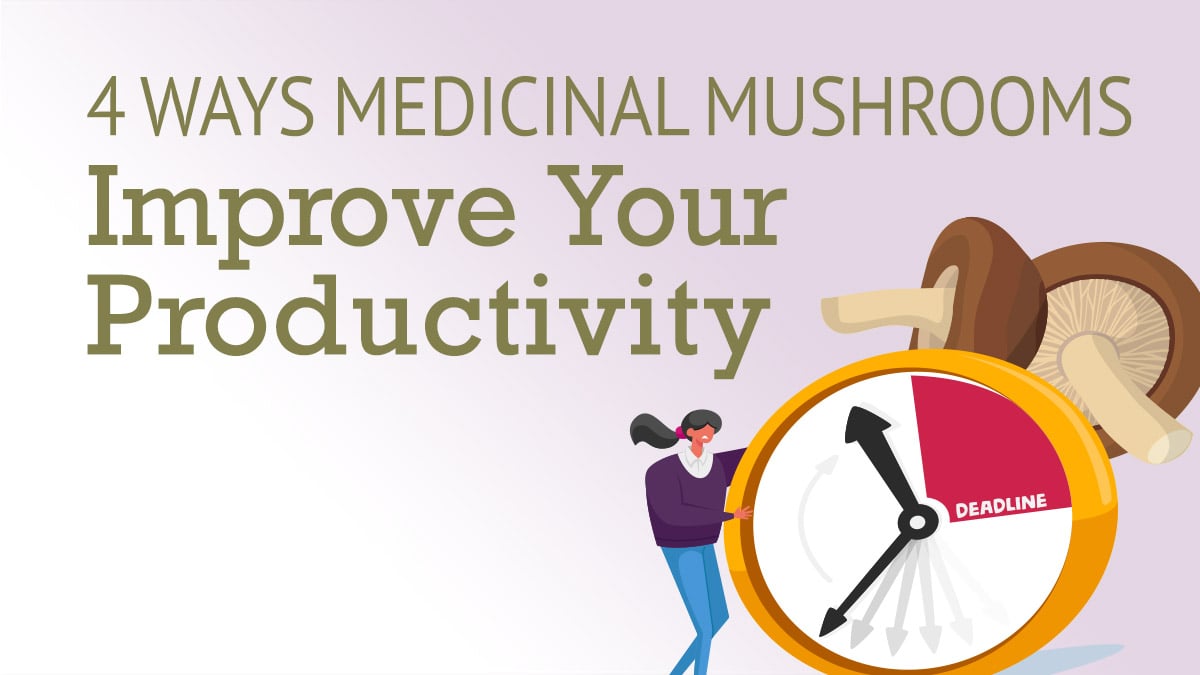Chinese Medicine Fatigue Basics
In Chinese medicine, fatigue can be considered a symptom of a larger issue or a condition in and of itself. On most cases, fatigue corresponds to a lack or deficiency of energy or substance. We are running on empty. Energy loss is not only related to mental and physical energy. Chinese medicine also knows these deficiencies can lead to memory loss, pain, headaches, infertility, and impotence. To fight fatigue on all fronts, Chinese medicine practitioners pay special attention to both qi and blood, as well as the functioning of some key organ systems.
Qi
Qi is the life force, energy, and activation that allows our bodies to function. It is required for all body functions including breathing, digestion, brain power, and all movement. Without enough qi to activate our bodies, we are sluggish, lethargic, achy, and fatigued. We can improve our qi by resting more, taking qi tonic herbal formulas, eating a nutritious diet, and exercising.
Blood
Fatigue can also be caused by a deficiency in our blood. Either too little, poor quality, or lack of circulation of the blood leads to low energy. The characteristic for fatigue caused by blood deficiency is that more sleep and rest does not typically make a drastic difference. We need to supplement and nourish to regain the energy.
Yin or Yang
While qi and energy are more often ascribed to yang energy, we also need a healthy balance of yin and yang to be energized. When we are too active, this drains our qi. Yin energy, in the form of rest, supplementation, and meditation can help to balance the energy and support a healthy balance.
Dampness
Dampness is not always an aspect of fatigue, but it often accompanies poor Spleen function and lethargy. Dampness results when the digestive system is bogged down and leads to excess fatigue, weight gain, achiness, and brain fog.
Major Organ Systems in Chinese Medicine and Fatigue:
Spleen: One of the Spleen’s main functions in Chinese medicine is to extract the quality qi from food and turn it into qi that the body can use. When the Spleen is strong, this task is easy and efficient, and we have plenty of energy throughout the day. When our Spleen is weakened, however, this becomes a struggle. Not only do we experience fatigue, but we also suffer from poor digestion.
Liver: The Liver is important when it comes to the flow of qi and blood. When qi or blood stagnates due to poor Liver function, it can worsen our fatigue and drain our energy. Many qi and blood tonics will also support the flow of Liver qi to enhance the benefits of the formula. The Liver can also have an important role in treating Chronic Fatigue Syndrome or Fibromyalgia.
Common Treatments for Fatigue in Chinese Medicine
As fatigue is both a condition of qi and blood, Chinese medicine uses both tonifying and moving methods to build our core energy. Acupuncture is helpful in circulating qi and blood through the body, enhancing rest, and boosting the function of organs like the Spleen. Diet is an important consideration, as the wrong foods can lead to a weak digestive system and poor energy. Movement is also key when working with fatigue. Slow, gentle exercises like walking, yoga, and tai chi are recommended in addition to quality rest.
Chinese Herbal Formulas for Fatigue
Chinese herbal formulas are one of the most effective ways to boost energy. There are many herbs in Chinese medicine that have powerful abilities to boost our energy, strengthen our organ systems, improve circulation, and fight the symptoms of fatigue (like brain fog, lethargy, and weight gain).
Gejie Da Bu Wan: This is a general tonic formula that strengthens the energetic Kidney and Lung organ systems to address low energy/vitality, fatigue, low libido, and shortness of breath.
Wu Ji Bai Feng Wan: Also known as White Phoenix Teapills, this formula is very commonly used by women in China to maintain overall health, support energy levels, and regulate menstrual cycles.
Si Jun Zi Wan: Also known as Four Gentlemen, this formula addresses fatigue by tonifying Spleen qi (i.e. by improving the body’s ability to extract nutrients and energy from food to make an abundane of good quality qi).
Bu Zhong Yi Qi Wan: This is another Spleen qi tonic which addresses digestive complaints such as loose stools, poor appetite, distention and bloating etc… It is also the classical formula used to address organ prolapse (from Spleen qi deficiency).
Yang Rong Wan: This formula is a general health tonic for aging patients (and those recovering from illness) who have systemic deficiencies of qi, blood, yin & yang.
Special Herbs for Fatigue and Low Energy
The following are important herbs used in our popular energy boosting formulas.
Ren Shen/ Ginseng root: Ginseng is a popular herb known for its vitality-enhancing effects. Ren shen is used in several formulas for fatigue, including the popular classic Si Jun Zi Tang.
Bai Zhu/ Atractylodes macrocephalae: Bai Zhu is both a qi tonic and a digestive tonic. This herb helps to fight dampness while improving the Spleen’s function and relieving fatigue.
Huang Qi/ Astragalus root: Huang qi has similar functions to ren shen but has the added benefit of raising qi in the body. This is particularly useful for conditions where we feel heavy, clouded, or have trouble with prolapse, postpartum issues, incontinence, or bleeding due to qi deficiency.
Shop our Collection of Natural Chinese Remedies for Fatigue
Staying healthy requires plentiful qi. You can fight the fatigue cycle with natural herbal qi and blood tonics that increase your energy while stimulating your body’s own energy production. Shop our collection of Chinese herbal formulas for fatigue.


